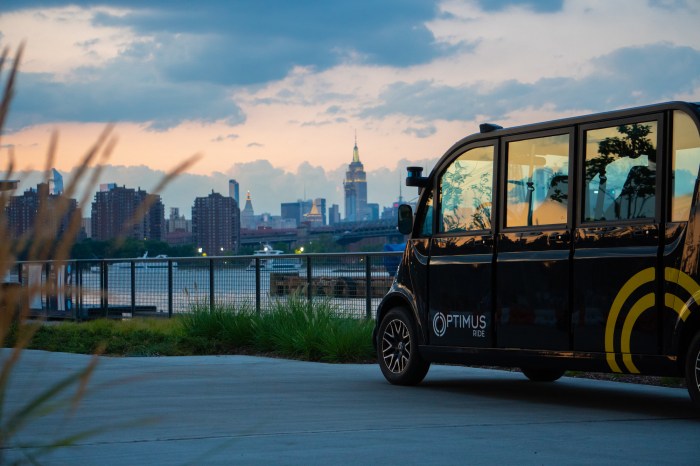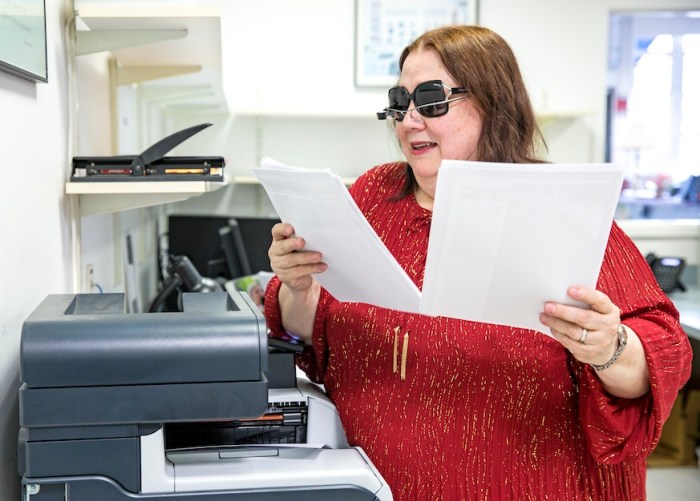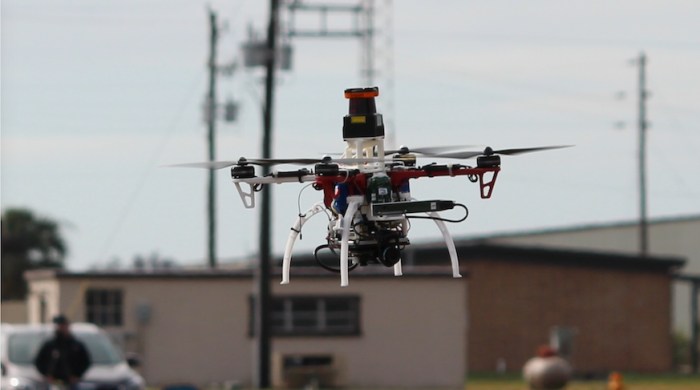Big Brother officially knows you better than your own brother.
A new study found that through analyzing only your Likes on Facebook, a computer can guage your personality better than your friends, and even your family, say researchers at Cambridge and Stanford universities. “In the future, computers could be able to infer our psychological traits and react accordingly, leading to the emergence of emotionally intelligent and socially skilled machines,” says lead author Wu Youyou , of Cambridge’s Psychometrics Centre. “In this context, the human-computer interactions depicted in science fiction films such as ‘Her’ seem to be within our reach.” Given enough Likes to aggregate, the computer was rivaled only by a spouse for accurately assessing a person’s broad psychological profile.
For the study, 86,220 volunteers with Facebook profiles granted access to their Likes, then filled out a 100-item personality questionnaire through the myPersonality app assessing five basic traits: openness, conscientiousness, extraversion, agreeableness and neuroticism. With this data, the researchers could establish which Likes correlated with particular traits. The participants then invited their friends and family to judge their personality through a separate test; 17,622 participants were assessed by one friend or family member, while 14,410 were judged by two. Here’s how smart the computer was (or how little our closest acquaintances actually know us):
• With 10 Likes, the computer knew the person better than a work colleague.
• With 70 Likes, the computer could tell more about the person than a friend or roommate.
• With 150 Likes, parents and siblings couldn’t match up.
• And at 300 Likes, even a spouse was trumped by the power of pure data.
Don’t feel like a bad friend though. As co-author Dr. Michal Kosinski points out, machines have a couple of key advantages, most notably that they don’t forget anything.
“Big Data and machine-learning provide accuracy that the human mind has a hard time achieving, as humans tend to give too much weight to one or two examples, or lapse into non-rational ways of thinking,” he said. Fair enough, and maybe outsourcing a few things to omniscient supercomputers – like the alchemy of finding the perfect gift – is a good idea. But robots will never be best friend material until they master the truly valuable aspect of friendship: laughing at the same things.
Computer uses Facebook to get to know you better than your friends

istock

















